Table of Contents
In the world of strength training, raw power alone doesn't always determine performance — sometimes it's your grip that gives out before your muscles do. Whether you're deadlifting heavy, performing bent-over rows, or smashing through pull days, grip fatigue can be the silent killer of gains. That's where grip assistance tools like lifting straps and lifting hooks come into play.
But which one should you use — straps or hooks? They both offer support, but they do so in different ways, with different pros and cons. In this post, we'll break down what they are, how they work, and which one might be better for your training goals.
What Are Lifting Straps?
Lifting straps are one of the most popular and widely-used grip aids in the gym. They are typically made of durable materials like nylon, cotton, or leather and are designed to wrap around both your wrist and the barbell or dumbbell. The purpose of the strap is to help secure your grip and reduce the load placed directly on your hands and forearms.
Advantages of Lifting Straps:
- Enhanced grip support: Prevents grip fatigue during heavy lifts.
- Versatile: Can be used for a wide range of pulling exercises including deadlifts, shrugs, lat pulldowns, and rows.
- Durable: Especially the ones made of nylon or leather.
- Affordable and portable: Easy to carry and use in any gym setting.
Things to Consider:
- Takes practice: Learning to wrap the strap properly takes a little time.
- Still requires some grip strength: Unlike hooks, straps don't fully take over your grip.
What Are Lifting Hooks?
Lifting hooks, on the other hand, are a more specialized tool. They typically feature a padded wrist strap attached to a metal or plastic hook that curls under the barbell. Instead of wrapping something around the bar, the hook simply grabs it for you, providing an almost completely passive grip.
Advantages of Lifting Hooks:
- No setup skill required: You can use them instantly, even as a beginner.
- Great for people with injuries: Especially useful for lifters with wrist, hand, or finger pain.
- Fast and easy to use: Just hook and lift.
Things to Consider:
- Limited movement range: Hooks may not fit well with all bars or exercises, and can limit wrist rotation.
- Bulky design: Heavier and less convenient to carry.
- Durability concerns: Metal hooks can bend over time or damage gym equipment.
Straps vs Hooks: A Head-to-Head Comparison
| Feature | Lifting Straps | Lifting Hooks |
|---|---|---|
| Grip Support | Moderate to High | High |
| Ease of Use | Requires learning | Very beginner-friendly |
| Exercise Versatility | Very high | Moderate |
| Comfort | Depends on padding | May feel awkward at first |
| Durability | High | Moderate (depends on hook quality) |
| Mobility | Preserved | Restricted |
| Portability | Lightweight | Bulky |
| Cost | Typically cheaper | Usually more expensive |
When Should You Use Straps or Hooks?
Ultimately, your choice should be based on your training goals, experience level, and physical condition.
Choose Lifting Straps If:
- You're performing heavy pulling exercises like deadlifts or barbell rows.
- You want a natural feel with the bar and prefer more control.
- You want something durable and versatile that doesn't restrict your movement.
- You're an intermediate to advanced lifter who values performance and technique.
Choose Lifting Hooks If:
- You're a beginner and struggling with grip endurance.
- You have hand/wrist/finger pain that limits your training.
- You're doing exercises where wrist rotation is minimal (like heavy shrugs).
- You want a quick and easy grip solution without learning strap techniques.
Will Using Straps or Hooks Hurt My Grip Strength?
This is one of the most common questions — and the answer depends on how you use them.
If you rely on straps or hooks for every pulling movement, yes, your grip strength may not develop as quickly. That's why many experienced lifters use these tools strategically — only for max-effort sets or when grip becomes the limiting factor.
For example, you might warm up without any aids, then use straps or hooks for your heaviest working sets. This way, you get the best of both worlds: grip development and performance gains.
What About Female Lifters?
Both straps and hooks are suitable for women, and the choice again comes down to training goals. In fact, many female lifters benefit greatly from using straps, especially when progressing into heavier weight ranges where grip becomes a limiting factor.
If hand size or wrist strength is a concern, some women may prefer hooks for comfort and ease. Just make sure to get a pair that fits snugly on your wrist — ill-fitting gear is uncomfortable and potentially unsafe.
Can You Use Both at the Same Time?
Technically? Yes. Practically? Not recommended. Straps and hooks serve the same purpose in different ways — using both together is overkill and may actually compromise safety and control during lifts.
Instead, choose one based on your specific training session, and alternate tools as needed.
Final Thoughts: Grip Smarter, Lift Heavier
When it comes down to it, both lifting straps and lifting hooks are excellent tools that can help you lift heavier, train harder, and reduce the risk of injury due to grip fatigue. They're not cheating — they're smart lifting accessories when used strategically.
- Want control, versatility, and long-term durability? Go for lifting straps.
- Prefer comfort, ease, or have grip issues? Give lifting hooks a try.
Just remember: No tool replaces hard work and proper technique. Train smart, stay consistent, and your progress will follow — with or without a strap in hand.
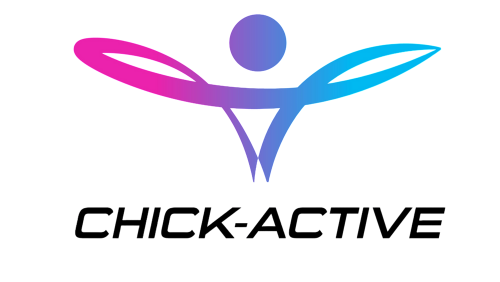



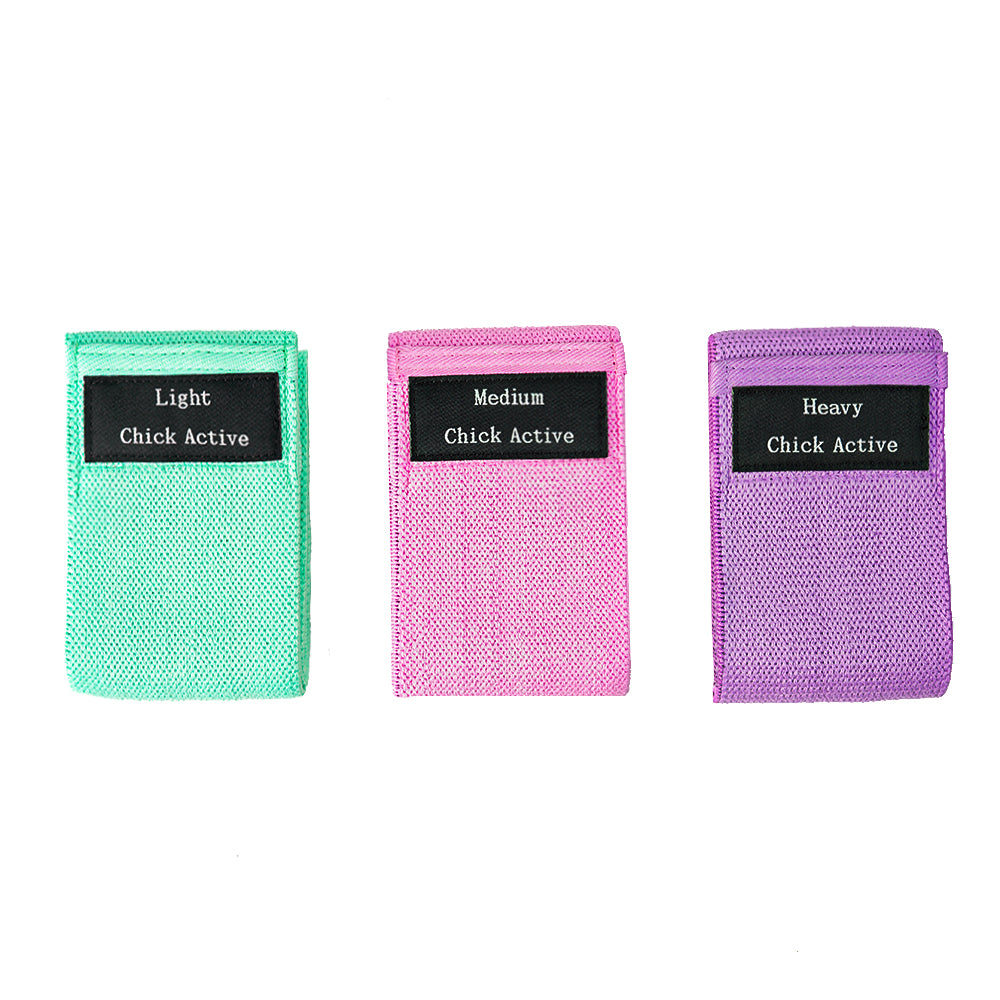
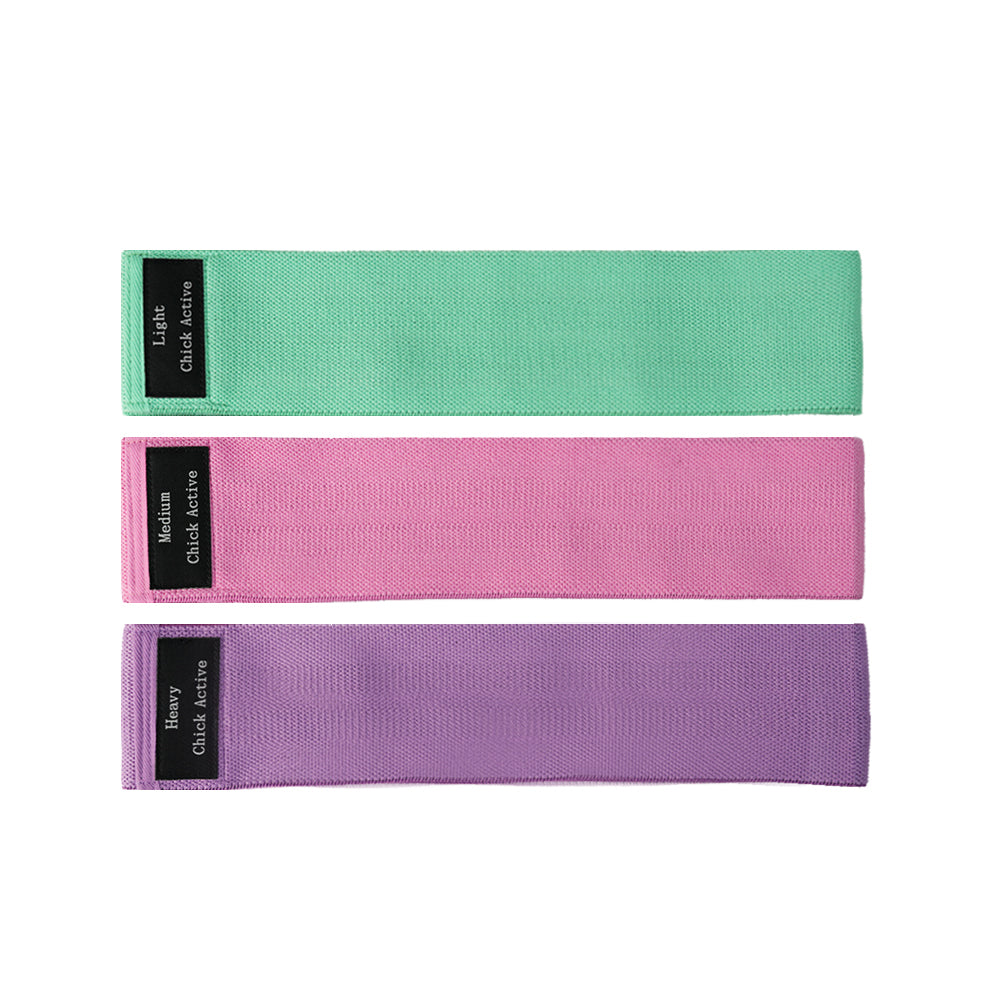
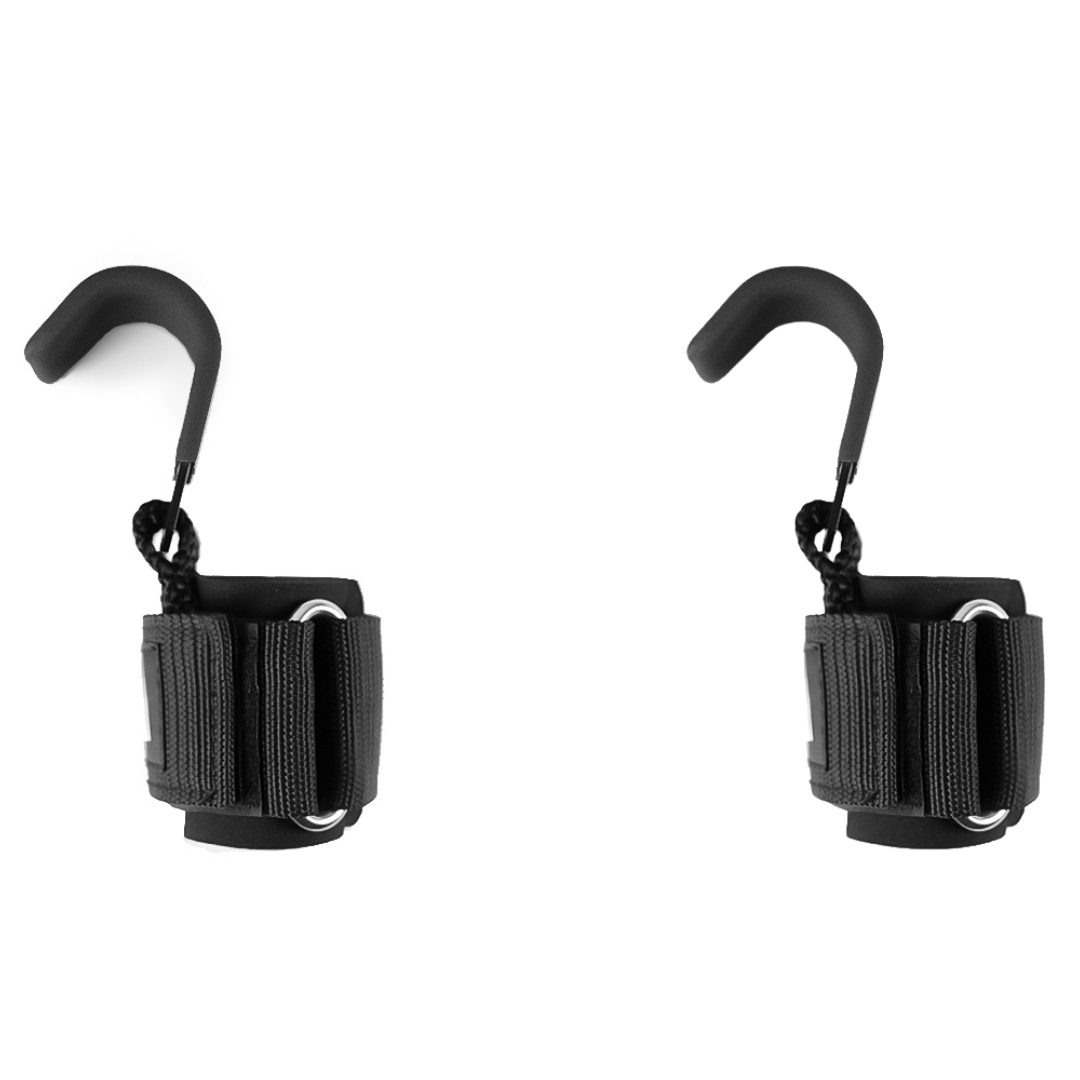

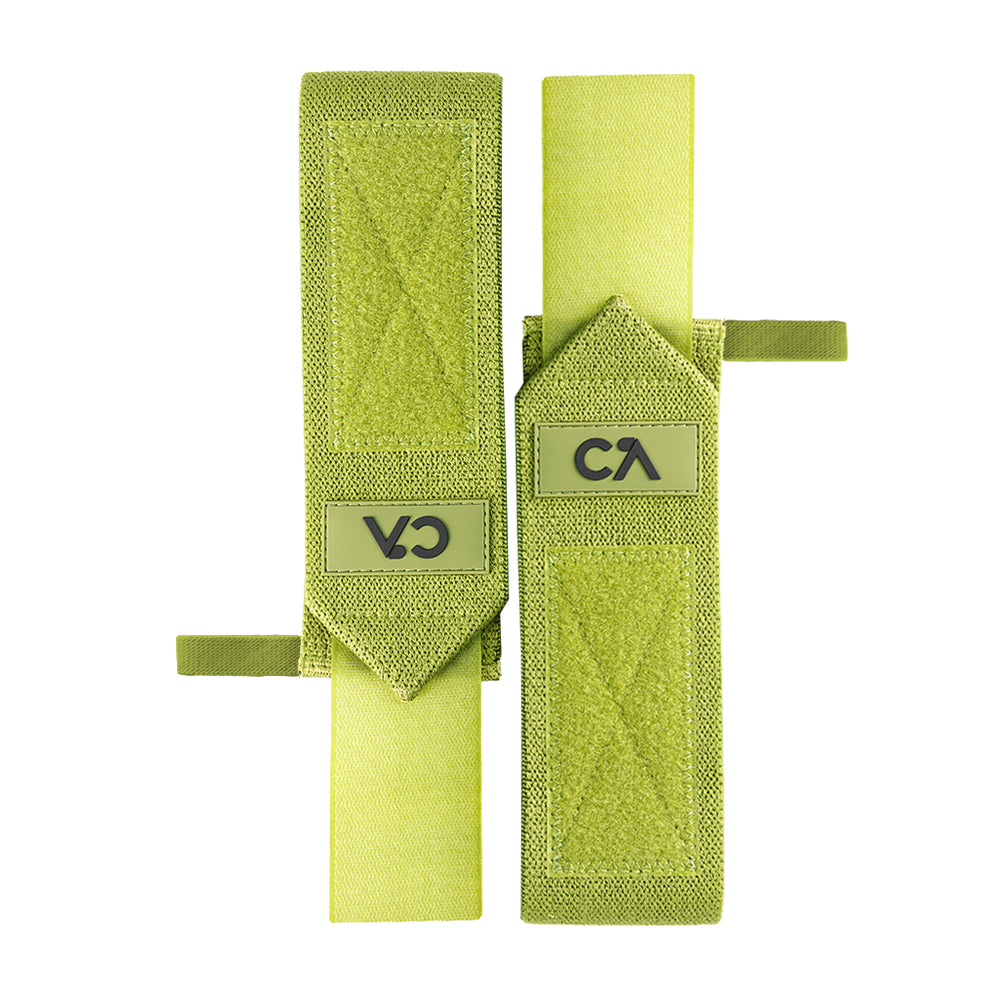
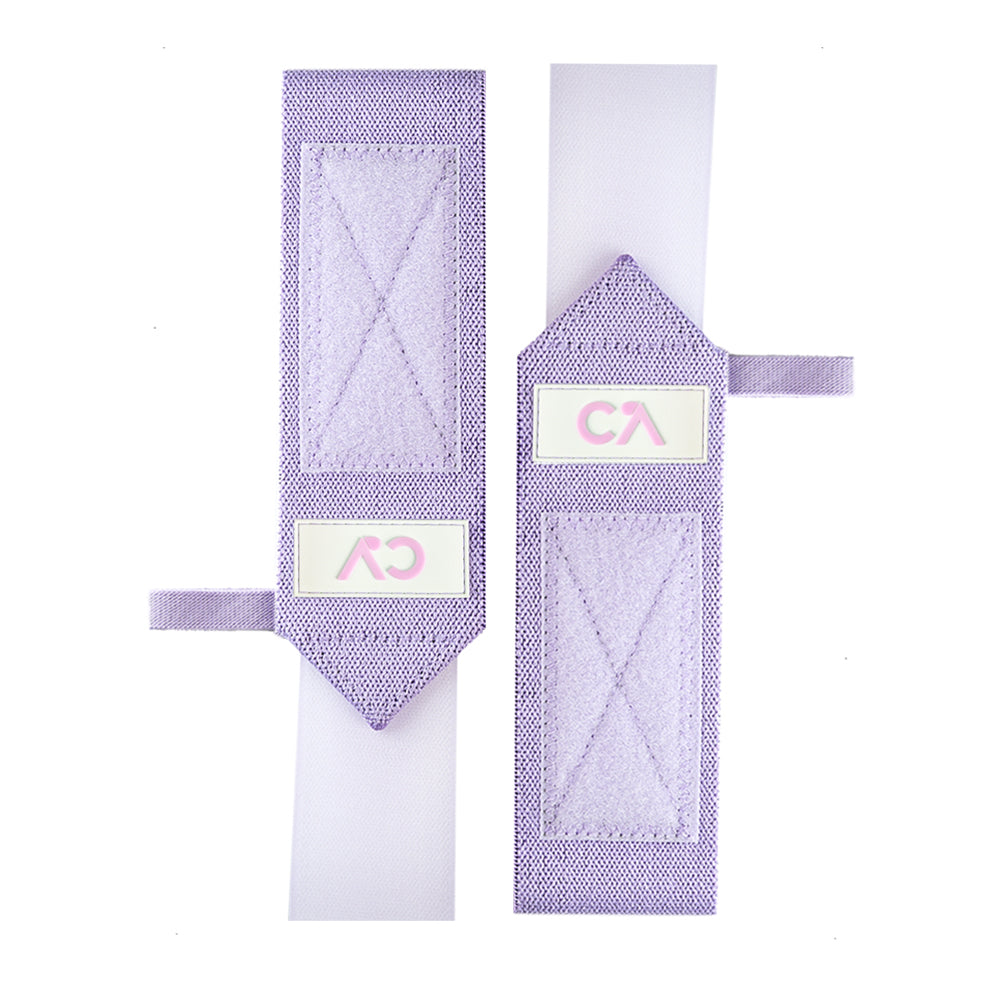
Leave a comment
All comments are moderated before being published.
This site is protected by hCaptcha and the hCaptcha Privacy Policy and Terms of Service apply.